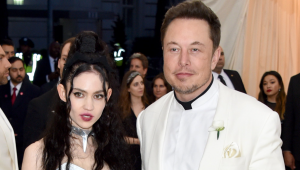The complaint made by Peiter Zatko about Twitter not handling their cybersecurity adequately and misleading regulators could help Elon Musk as he seeks a way out of the $44 billion deal to buy the microblogging site.
Since Musk terminated the deal, the tech billionaire has insisted that the reason he did so was because Twitter had misrepresented the number of spam and bot accounts on the platform.
Zatko’s testimonial to the Securities Exchange Commission is likely to provide Musk with a new angle on how to approach the upcoming October 17 trial. In addition to mentioning bots, the tech billionaire’s team of lawyers will likely pursue the angle that Twitter had failed to disclose the gaps in its security and the threats to data privacy.
Also Read: Twitter whistleblower or Tesla whistle? What’s behind Elon Musk’s new post
Soon after the news broke, Musk’s lawyers sent Zatko a subpoena seeking information on the security flaws that the cybersecurity researcher had pointed out during his two year tenure at the microblogging site.
In his complaint, Zatko mentions that the company’s 500,000 data centers were running on outdated software which made them hard to keep secure, in addition to many other flaws like having copies of Twitter’s source code simply lying around on employee laptops.
Also Read: Elon Musk subpoenas Twitter co-founder Jack Dorsey in ongoing lawsuit
However, legal experts have told Reuters that the new revelations about security are likely to complicate the already messy legal battle. Eric Talley, a professor at the Columbia Law School told Reuters that volatility in a case such as Elon Musk verus Twitter might be beneficial to the party with a weak hand as it creates a likelihood that ” crazy might happen.”
If Musk chooses to go after Twitter based on the claim that the company had failed to disclose its privacy and cybersecurity risks, it will likely be easier to prove, according to legal experts that spoke to Reuters.
To prove that the misrepresentation of spam and bot accounts are the issue would be harder. To do so, Musk’s legal claim must be based on his believing Twitter’s disclosures about the spam and bot accounts. Something that is likely to prove difficult, especially considering one of Musk’s reasons for buying the company was to combat the spam on the social media platform.






